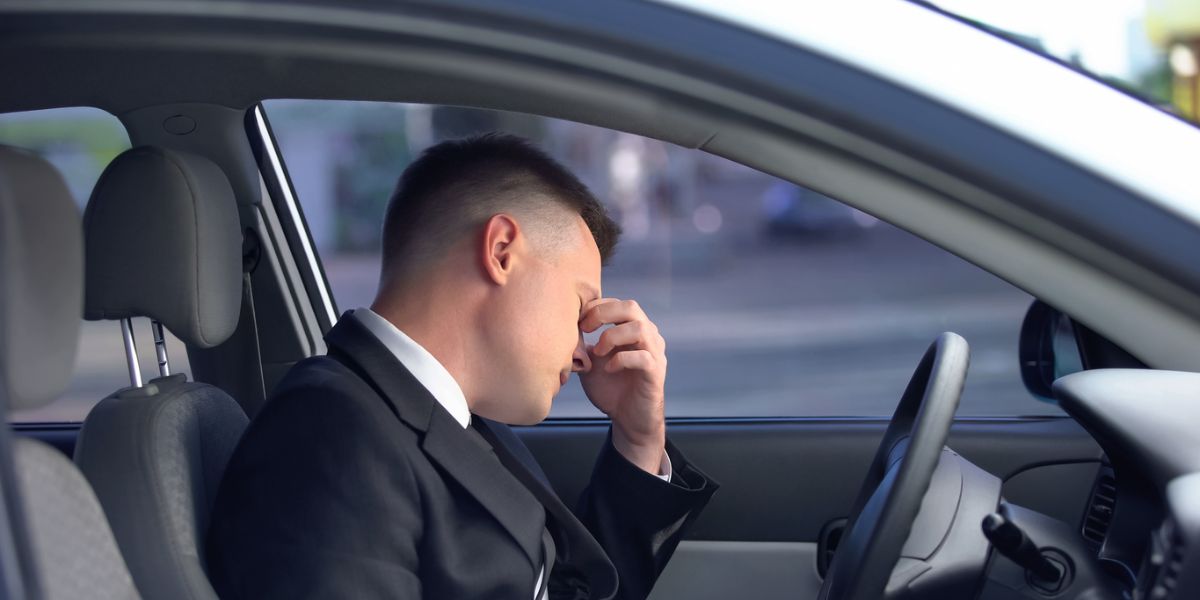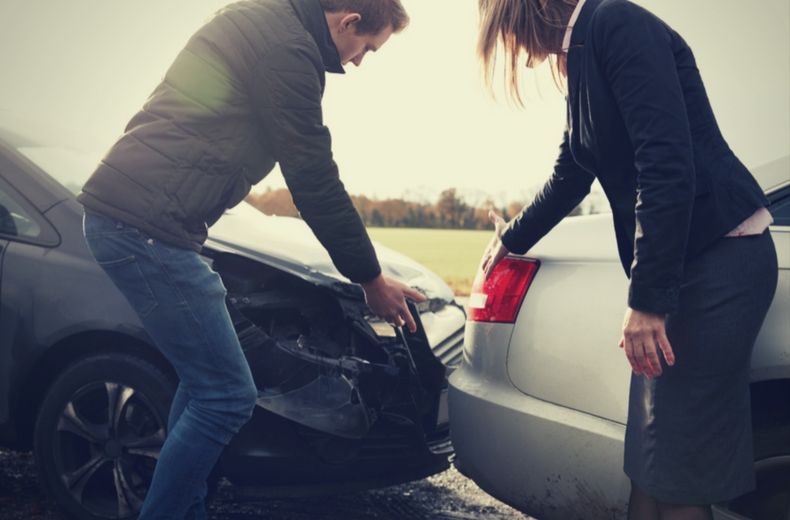The emergence of ridesharing services has fundamentally transformed the way we navigate around cities. There is no doubt that ridesharing services have improved our lives. Although hailing a cab remains a popular means of transportation, ridesharing services such as Uber and Lyft are gaining popularity. According to studies, over 25% of the US population utilizes ridesharing services at least once a month.
However, the frequency of ridesharing service accidents is increasing in lockstep with their popularity. Both drivers and passengers are interested in knowing what causes these crashes and who is to blame when they happen. A legal consultation with an experienced attorney can help you answer these questions.
The legal status of Lyft and Uber drivers
Most states classify rideshare drivers as “independent contractors” rather than employees. This categorization is critical to the ridesharing business model and has major legal ramifications, particularly regarding responsibility in the case of an accident.
Drivers for Lyft and Uber are self-employed individuals who give their services under a contract for a set time or a specific assignment. Independent contractors, unlike employees, are not directly under the supervision of the corporation; they are free to choose when, where, and how much they work. They drive their automobiles and are responsible for all running costs, such as gasoline, maintenance, and insurance.
How does this affect liability?
The independent contractor position has significant consequences for responsibility in the case of an Uber or Lyft car accident. Traditionally, under the legal principle of “respondeat superior,” employers might be held accountable for their workers’ carelessness committed while on the job. This approach, however, does not normally apply to independent contractors.
Because its drivers are classified as independent contractors, Lyft and Uber have frequently asserted that they are not liable for accidents caused by their drivers because they are not employees. They position themselves as technology firms that link riders and drivers rather than transportation providers.
This is not to say that victims of ridesharing accidents have no recourse. While the corporations may try to restrict their liability, they provide drivers with insurance coverage that can kick in under specific conditions. The intricacies of this insurance coverage and when it applies can be complicated and are frequently the subject of considerable legal examination.
Furthermore, the independent contractor status of drivers for Lyft and Uber has been challenged in several countries, with various degrees of success. Given the extent of control the firms have over the drivers, several courts and authorities have determined that they should be deemed workers for some purposes.
Speak to a lawyer.
You may be confused and in pain if you or a loved one has been in a ridesharing accident. An experienced attorney can help alleviate some of your worries and give you legal advice, so schedule a consultation today.





Be First to Comment